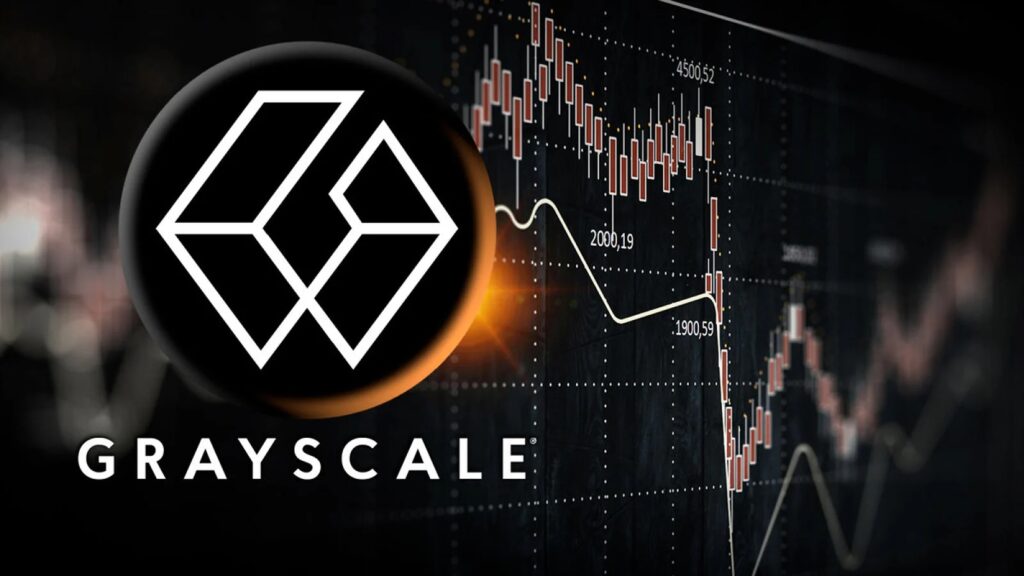Grayscale, a key player in the digital asset management industry, has introduced an innovative investment vehicle termed the “dynamic income fund” or GDIF, targeting wealthy investors with an interest in proof-of-stake tokens.
The firm’s announcement on X revealed that GDIF is tailored exclusively for accredited investors who have a net worth of at least $2.2 million.
This move signifies Grayscale’s entry into the realm of actively managed investment products, with GDIF being its pioneer initiative.
The fund’s strategy involves the active management of staking and unstaking multiple tokens to generate rewards for its investors, focusing on the burgeoning proof-of-stake token ecosystem to optimize returns.
Grayscale clarified that GDIF’s interests would not adhere to the registration requirements under the U.S. Securities Act of 1933 or other securities laws, stating, “INTERESTS IN GDIF HAVE NOT BEEN, AND WILL NOT BE, REGISTERED UNDER THE U.S. SECURITIES ACT OF 1933 … OR ANY STATE OR OTHER SECURITIES LAW.”
This implies that GDIF investors will not enjoy the protections of the Investment Company Act, nor will they be subject to its certain restrictions and requirements.
Despite the challenges faced by Grayscale’s spot bitcoin ETF, which has experienced significant value losses since its inception in January while remaining a leader in assets managed, GDIF presents a fresh opportunity for investors to delve into the evolving cryptocurrency market.
Grayscale is recognized for its substantial trading volume, ranking second only to BlackRock’s Bitcoin spot ETF according to The Block Data Dashboard.
Additionally, on March 16, Grayscale announced its decision to extend the review period for the possible acquisition of EthereumPoW (ETHW) tokens, which emerged following Ethereum’s transition to a proof-of-stake model in September 2022.
The firm is evaluating the market conditions to decide the feasibility of selling ETHW for its shareholders, with a review period not exceeding 180 days.
The introduction of staking capabilities for Ethereum through Grayscale’s fund was highlighted in a proxy statement to the SEC.
The complexity of incorporating staking into investment products, given the intricate requirements and potential regulatory scrutiny, has been a point of hesitation for many.
ETC Group’s head of product, Samadder, noted, “It is very complex to structure a product and requires a profound knowledge of the Ethereum protocol, the mechanics of ETPs, and the bridge between crypto and traditional capital markets—this takes time.”
He also mentioned the perception that the SEC might not be fully prepared to assess the risks associated with staking.
The Ethereum network’s transition to proof-of-stake, known as The Merge, has been a significant shift, although it led to a split within the community between those favoring the new model and others preferring the original proof-of-work mechanism.
